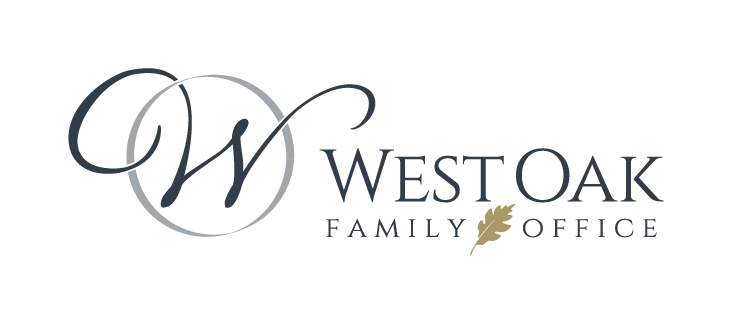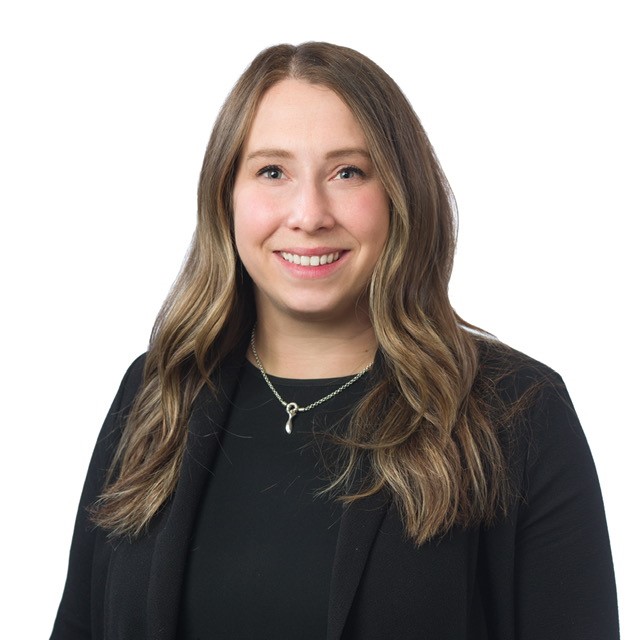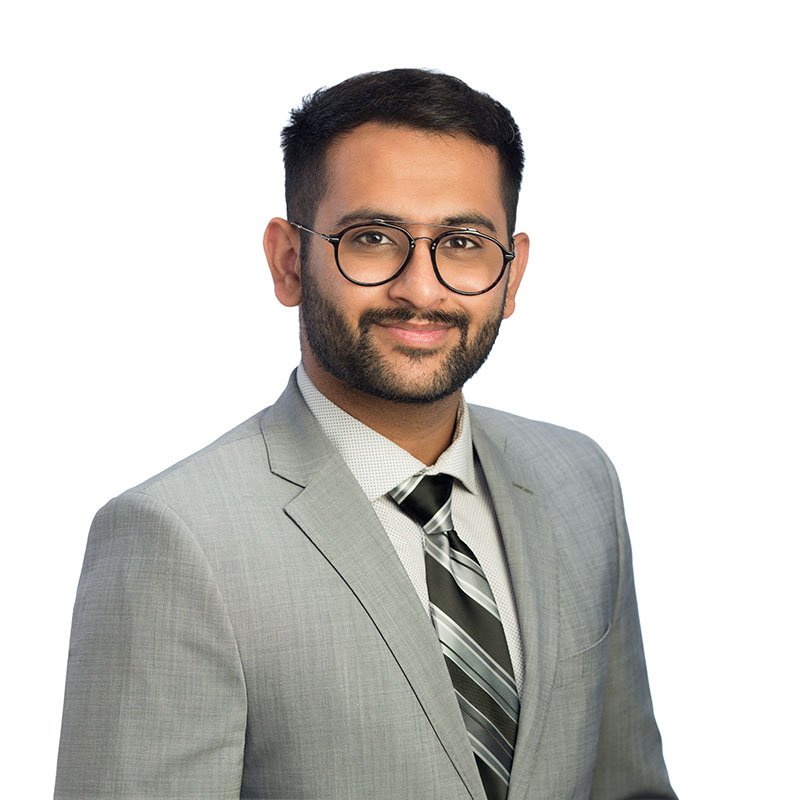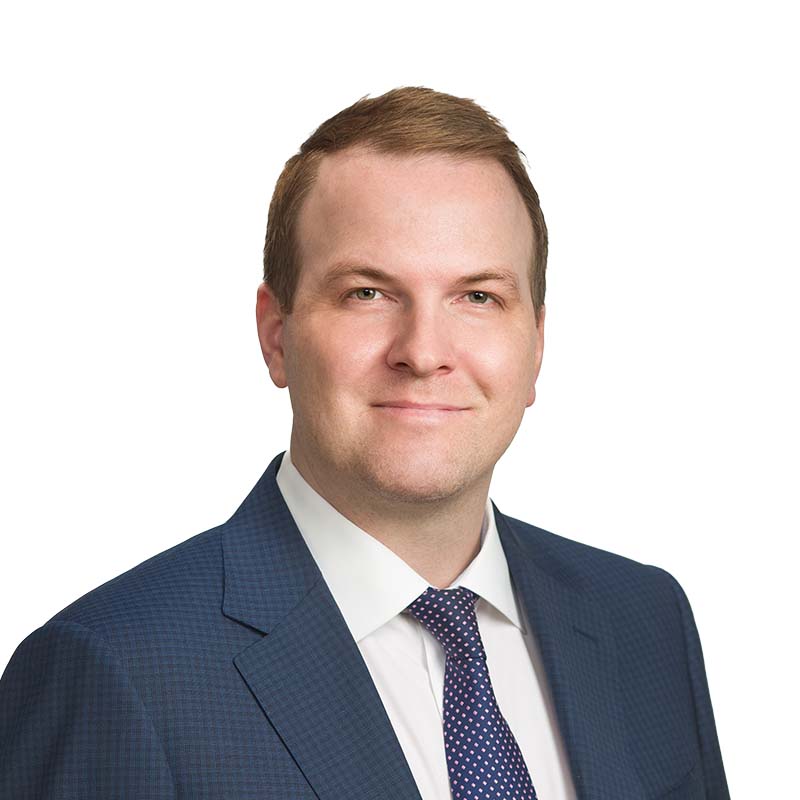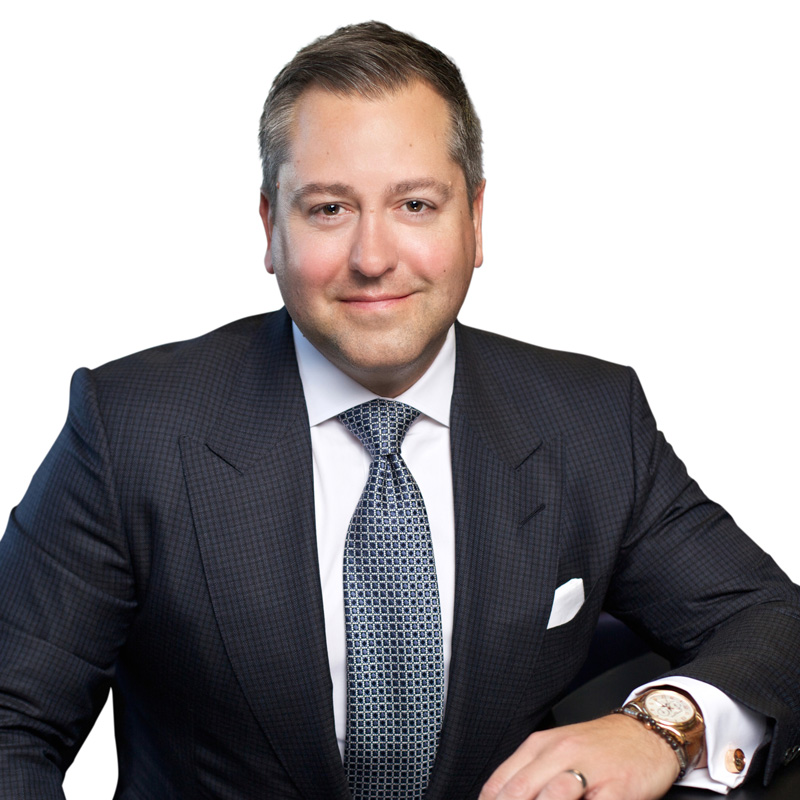There is a fundamental difference between a wealth management offering and a Family Office. It won’t take long to figure out which is focused on the investment portfolio and selling their products and services, and who is focused on the long-term success of the family.
Most wealthy families are used to a piecemeal approach where the various components of their wealth are managed independently; tax is separate from the estate plan, which is separate from the investment portfolio, and so on; and very little attention is given to their relevance on subsequent generations. A Family Office integrates all these various aspects and family members to ensure all the pieces collectively work together. One critical piece to a Family Office is independence, and the ability to be able to sit on the same side of the table to be an advocate for their families, and not for anyone or anything else.
“A Family Office integrates all these various aspects and family members to ensure all the pieces collectively work together.”
A Family Office is designed to act as the families CFO, and single point for contact for investments, estate and tax planning, as well as the softer — yet no less vital, concerns from making sure the next generation are prepared to be responsible stewards of wealth, to education and philanthropy, to governance and earning a position in the family enterprise.
A Family Office offers several major advantages from traditional wealth management, but the most significant pieces are independence, dedication, and integration.
Independence
A Family Office is your advocate. It is private, objective, unconstrained, and unbiased because nobody at the table is working for an institution that may drive specific mandates or pay better to offer certain solutions.
Dedication
Most wealth management practices are investment focused and have a team of two to four, with hundreds of clients. Their investment management teams draw on internal experts like accountants, lawyers, and more to help provide guidance and advice, however each individual along the chain also works for hundreds of investment management teams, and ultimately, thousands of families. That can be a problem, because not only is each family unique, but their situation, needs, and priorities all change over time. These experts can’t possibly keep track, let alone be proactive for each specific family.
“Our ability to be proactive and act in a timely manner is crucial to our families’ success.”
A Family Office offers the reverse: a large team dedicated to your family, and a relationship that lasts for generations, adapting with the times. For example, at our firm, West Oak Family Office, we have a team of ten, managing fewer than 70 families. Our ability to be proactive and act in a timely manner is crucial to our families’ success.

Integration
Nothing exists in a vacuum. Your tax strategy should take your philanthropy and investment goals into account, amongst other areas. Without the whole picture, even the best advice can be counterproductive. A Family Office avoids the silo effect, offering an in-house team of professionals with experience and education in everything from investment management, tax, philanthropy, succession, financial literacy, and more. The best Family Offices build strong, comprehensive understanding with their families, cognizant of all the different moving parts, and what the second and third order consequences will be for any action. It’s not piecemeal.
“A Family Office avoids the silo effect, offering an in-house team of professionals with experience and education in everything from investment management, tax, philanthropy, succession, family literacy, and more.”
Quite simply, it’s a better model — so why are Family Offices still relatively new in Calgary? Because for the most part, this city’s wealthy families are also new. Unlike older, more established centres such as Montreal, Toronto, or even Vancouver, most of the wealth generated here is recent, not generational, and wealthy families in Calgary haven’t had to think in terms of generations.
They should. Because they’ll discover, it’s not so much about managing their wealth, but managing and preparing their families for successful outcomes today and generations from now.
